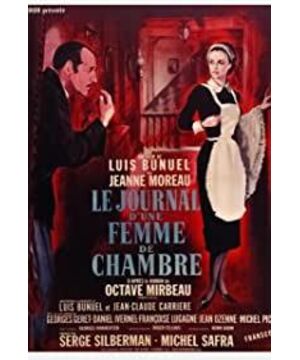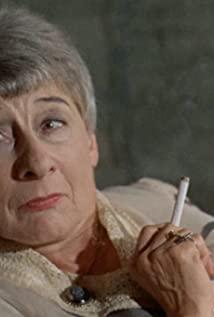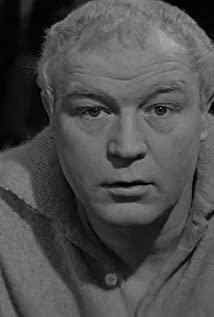The following is an excerpt from the interview with the director in the CC brochure
: The film is a poignant satire of the bourgeoisie living in the idyllic countryside of France. They are a bunch of rascals morally.
B: It can be said in part. The heroine does whatever it takes to be a part of it. In order to live a rich life, she betrayed her lover and eventually married the retired colonel next door.
Q: The heroine has a relatively negative personality throughout the film, and her eyes are very single. But at the end, she betrayed her lover to marry a wealthy colonel. The act of betraying a lover seems unmotivated?
Cloth: Yes. She wants this man to be punished because he killed the little girl. She had asked Josephine, "Who killed that girl?" And when she was sure it was him, she notified the police. Later, she wrote the word "jerk" with her finger on the table.
Q: There is some confusion here. Because we didn't see the character's moral stance in the previous paragraph. She seemed indifferent to everything.
B: But not about the murder of the little girl. She slept with Josephine to find out if he was the murderer. This was finally confirmed through the conversation.
Q: My personal interpretation is that the fact that he is the real murderer makes women more "sexual"!
B: I don't think so.
...
Buñuel is often very articulate in his interviews, but the answers above didn't convince me. Like the interviewer, when I saw the plot of the heroine marrying a Josephine, I thought that she was attracted and stimulated by his murderous behavior.
The reason for this illusion is first as mentioned by the interviewer. In the previous paragraphs, the film did not explain the moral position of the heroine. Whether it was cooperating with the old man's eccentric foot fetish, or rejecting the seduction of the horny hero, her attitude was always so calm and indifferent. There is simply no awareness of the desire to become a member of a wealthy bourgeois family deep in his heart.
In this premise, the absurd, subversive surrealistic character-making style characteristic of Buñuel's films (such as the couple who confiscated their daughter's photo in "The Phantom of Liberty") makes us feel the a certain mindset. That is, after determining that Josephine is a rapist and murderer, the heroine is attracted to him and married him! It seems that this is "reasonable", and it is called a real Buñuel movie!
However, it is strange that the director suddenly subverted his accustomed absurd style here, and introduced a stereotyped plot that is often seen only in thrillers-a woman sacrifices her color to achieve justice!
Taking a step back, this episode is equally puzzling, even if we read it along the lines of Boo. Because there is no necessary relationship between betraying a lover and eventually becoming a retired colonel's wife to achieve her goals.
View more about Diary of a Chambermaid reviews











